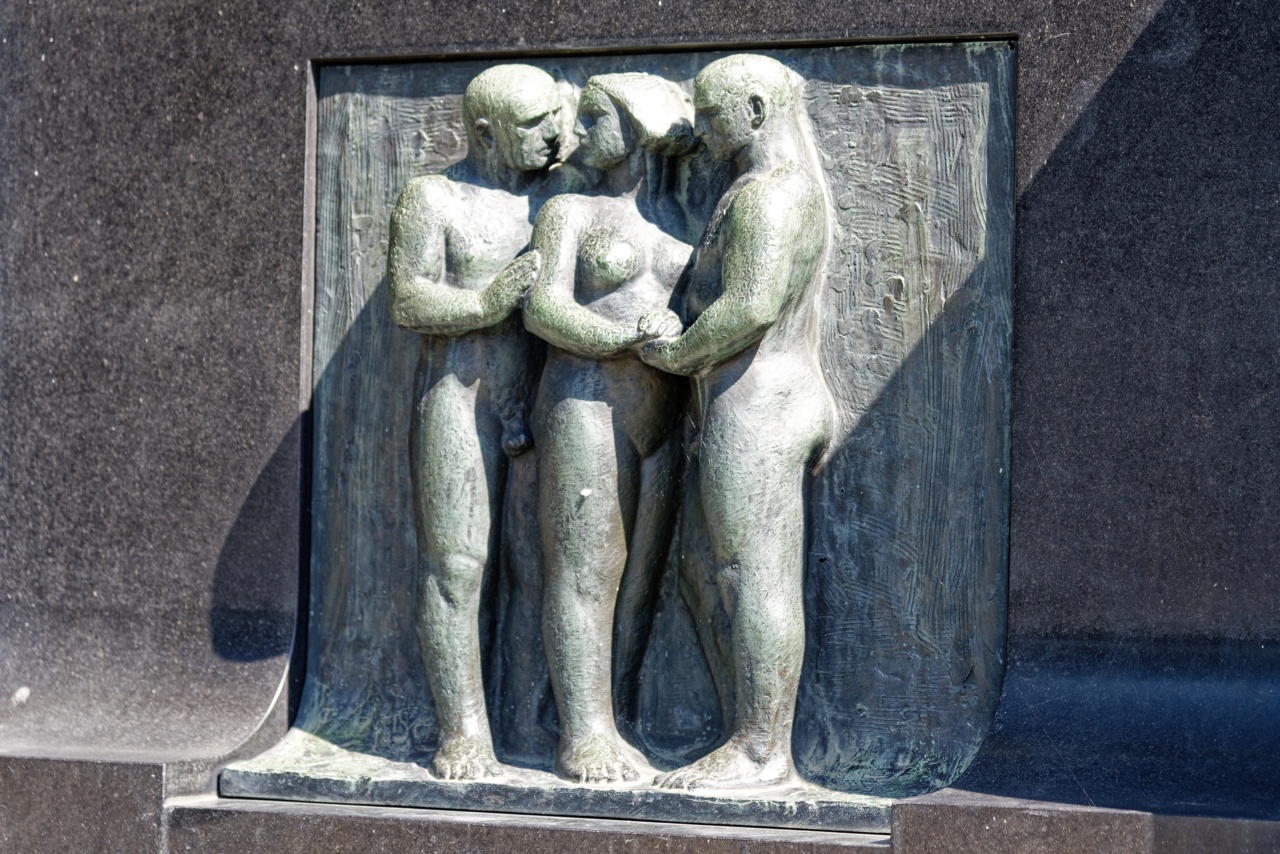Sex is an important aspect of any relationship, but sexual desire can decrease over time or come to a sudden halt. Sexual problems can be frustrating for both men and women, and they can make intimacy challenging.
There are many reasons why sexual desire disappears, including:.
1. Stress and Anxiety
Stress and anxiety can be a major factor in decreased sexual desire. When we feel stressed or anxious, our bodies naturally go into “fight or flight” mode, and we may not have the energy or interest in sexual activities.
2. Hormonal Changes
Hormonal changes can also play a role in decreased sexual desire. In men, low testosterone levels can lead to a decreased libido, while women may experience decreased desire due to changes in estrogen levels during menopause.
3. Medical Conditions
Some medical conditions can cause a decrease in sexual desire. For example, conditions that affect blood flow, such as diabetes, can cause erectile dysfunction in men.
Similarly, women with vaginal dryness caused by menopause or other medical conditions may experience decreased sexual desire.
4. Medications
Some medications can cause a decrease in sexual desire as a side effect. Antidepressants, for example, are known to decrease libido in both men and women. Hormone-based contraceptives may also decrease sexual desire in some women.
5. Relationship Issues
Issues within a relationship can also cause a decrease in sexual desire. Conflicts, communication problems, and a lack of emotional intimacy can all contribute to a decrease in sexual desire.
6. Fatigue and Exhaustion
Feeling tired and exhausted can also contribute to decreased sexual desire. When we feel worn out, we may not have the energy or interest in sexual activities.
7. Age
As we age, our bodies naturally change, and this can lead to a decrease in sexual desire. Hormonal changes, medical conditions, and medications can all contribute to decreased desire in both men and women as they age.
8. Pornography and Masturbation
Excessive use of pornography and masturbation can also lead to decreased sexual desire in both men and women.
These activities can desensitize the brain to sexual stimuli, making it harder to become aroused and interested in sexual activities with a partner.
9. Past Trauma
Past trauma, such as sexual abuse, can also contribute to a decrease in sexual desire. Trauma can affect how we view ourselves and our sexuality, making it difficult to feel comfortable engaging in sexual activities with a partner.
10. Personal Beliefs
Personal beliefs and values can also impact sexual desire. Some individuals may have a negative view of sex due to their upbringing or religious beliefs, which can lead to decreased interest in sexual activities.





























